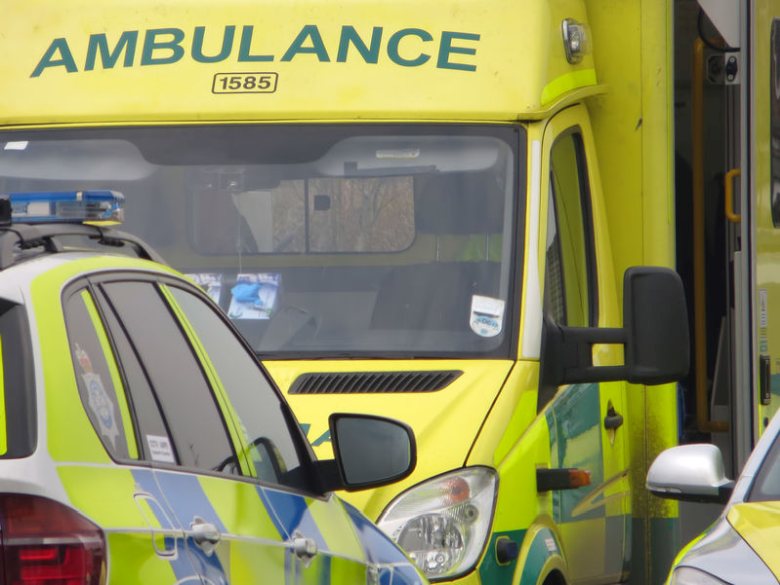Farm worker dies after unloading bales from vehicle

A farm worker has died after being hit by falling bales while unloading them from a vehicle.
The tragedy happened on a Cheshire farm on Wednesday 2 December, the Health and Safety Executive (HSE) confirmed.
The farm worker was struck by a falling bale while offloading them from a vehicle.
Fatal and serious injuries occur every year from activities associated with work with bales, the HSE explained.
Accidents that have occurred in the past include workers falling from bale stacks, falling from vehicles used to transport them, and being struck by falling bales.
In-depth advice on working with bales is displayed on a leaflet created by the safety watchdog [PDF].
Figures by HSE show that over the past year, a total of 21 people in Britain were killed in agriculture, consisting of 20 workers and 1 member of the public.
Agriculture has the highest rate of fatal injury - 18 times higher than the all-industry rate, accounting for around 20% of worker fatalities.
Despite a decrease of 37.5% on the previous year’s figure of 32, the report shows that the biggest cause of these fatalities was farm transport.
How can I improve bale safety?
H&H Insurance Brokers and IRM Safety have set out particular steps that will help reduce the likelihood of harm and injury:
• Make sure bales are stacked safely in fields, farmyards, or buildings
• Stacks are not excessively high
• Stacks are built on firm, dry, level and freely draining ground
• Stacks are constructed with a wide base and that bales are in good condition ensuring sturdy foundation
• Maintenance of stacks should take place regularly – any that have become unstable should be rebuilt
• There is enough space to allow tractors, trailers, and other vehicles to manoeuvre
• Never overreach for bales and limit working to near edges
Removing bales from the field and transporting them is also associated with health and safety risks:
• Plan routes over fields in advance and inform drivers of any rough ground, slopes, tracks and gateways
• Assess ground conditions and potential contact with overhead power lines
• Trailers must not be overloaded
• No bales should hang over the edges of the trailer
• The trailer must be secured even over short distances with suitable straps, and double straps at the rear of the load
• Always travel at a safe and appropriate speed
• Remember to consider the effect of the weight on the vehicle’s break-capacity








